New Delhi, May 28 – The Supreme Court on Wednesday strongly criticized Delhi Development Authority (DDA) officials for illegally cutting trees in the ecologically sensitive Delhi Ridge without obtaining prior permission from the Court.
The case stems from a road-widening project meant to improve access to the CAPFIMS Paramilitary Hospital. A bench comprising Justices Surya Kant and N Kotiswar Singh held that the actions of DDA officials amounted to criminal contempt, describing it as a “classic case of institutional failure and administrative overreach.”
The Court expressed grave concern over the DDA’s deliberate concealment of the tree-felling activity from judicial scrutiny, stating, “As a nation grounded in the rule of law, such wilful disregard for judicial directions warrants strict action.” The bench emphasized that the unauthorised act had already taken place by the time it reached the Court, calling it a direct blow to the integrity of the legal process.
To prevent such violations in the future, the Court directed that all notifications or orders related to afforestation, roadworks, or ecologically sensitive undertakings must explicitly mention any ongoing court proceedings. This move aims to prevent ignorance from being used as a justification for future breaches.
While the contempt charges were dropped against former DDA Vice Chairman Subhashish Panda—no longer with the authority—the Court imposed an environmental fine of ₹25,000 each on other responsible officials. They also face potential departmental action, alongside a formal censure.
Recognizing the critical role of the CAPFIMS hospital for paramilitary forces, the bench stated that infrastructure development must still comply with environmental and legal norms. “Public interest in healthcare is vital, but it cannot override ecological obligations,” said Justice Kant.
The Court has tasked a specially constituted committee with supervising corrective measures, including the identification of 185 acres of land for compensatory afforestation, the drafting and execution of a reforestation plan, and oversight of the maintenance of afforested areas. The committee will propose further initiatives to boost Delhi’s green cover.
Periodic compliance reports must be submitted to the Court for review.
The Delhi government has also been directed to identify project beneficiaries and impose a one-time levy in proportion to construction costs to ensure accountability.
The contempt case had arisen from overlapping proceedings in the Supreme Court concerning tree-cutting for road construction between Main Chhattarpur Road and CAPFIMS Hospital. Initially handled by two separate benches—Justice Abhay S Oka in the M.C. Mehta case and Justice B.R. Gavai in the T.N. Godavarman matter—the case was ultimately consolidated and ruled upon by the current bench led by Justice Surya Kant.
The final verdict followed detailed hearings, with arguments presented by Senior Advocate Gopal Sankaranarayanan and others. The Court reserved its judgment on January 21 and reiterated that violations of judicial orders must be addressed decisively to uphold the sanctity of the law.

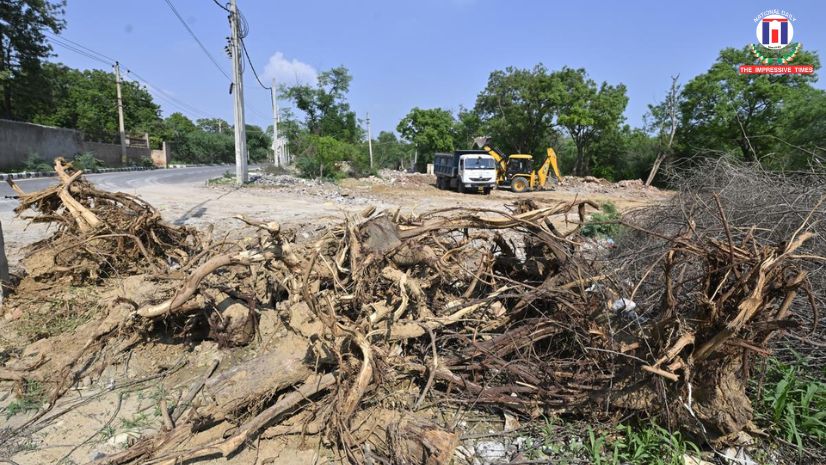




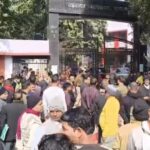














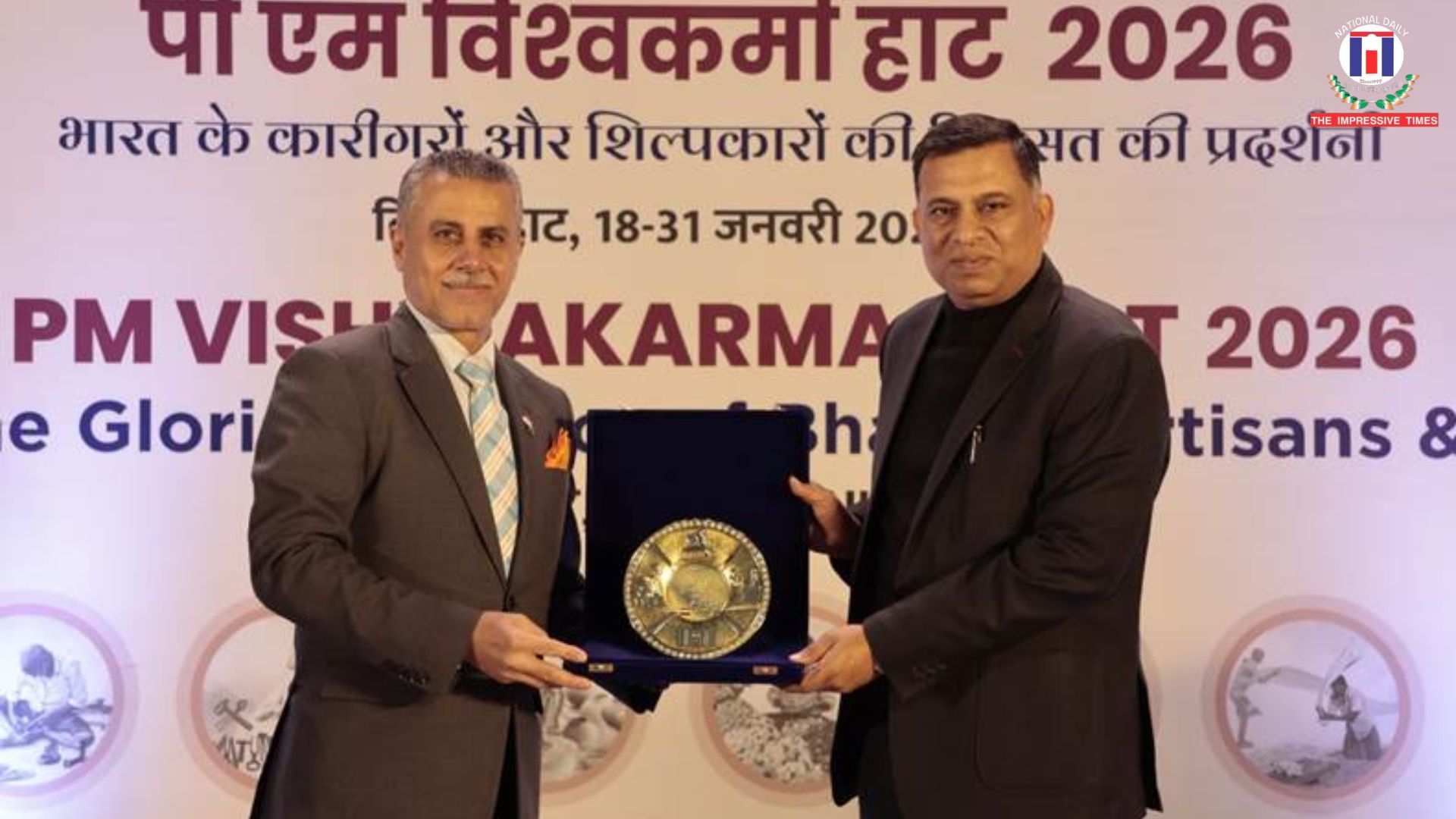



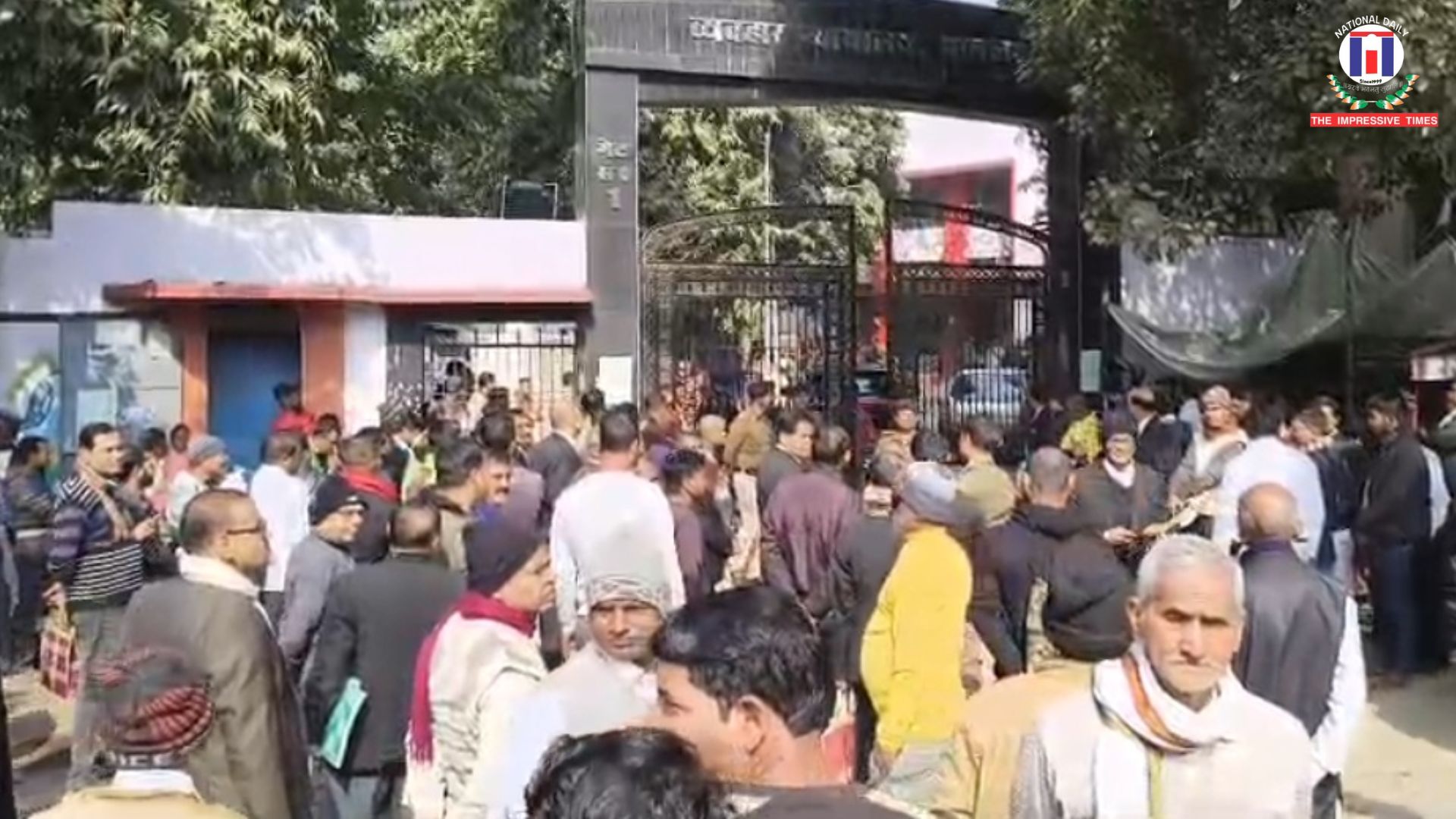

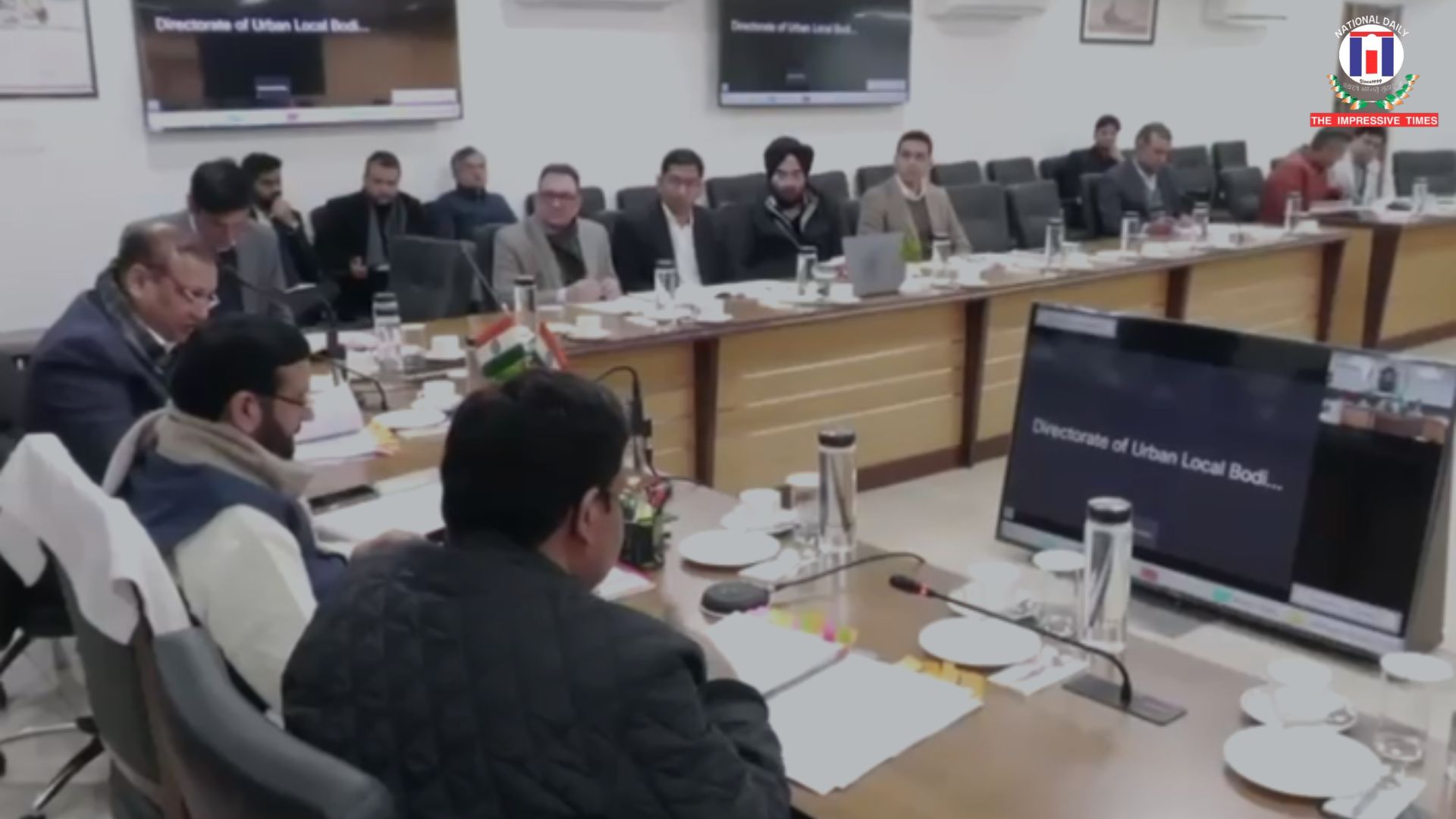


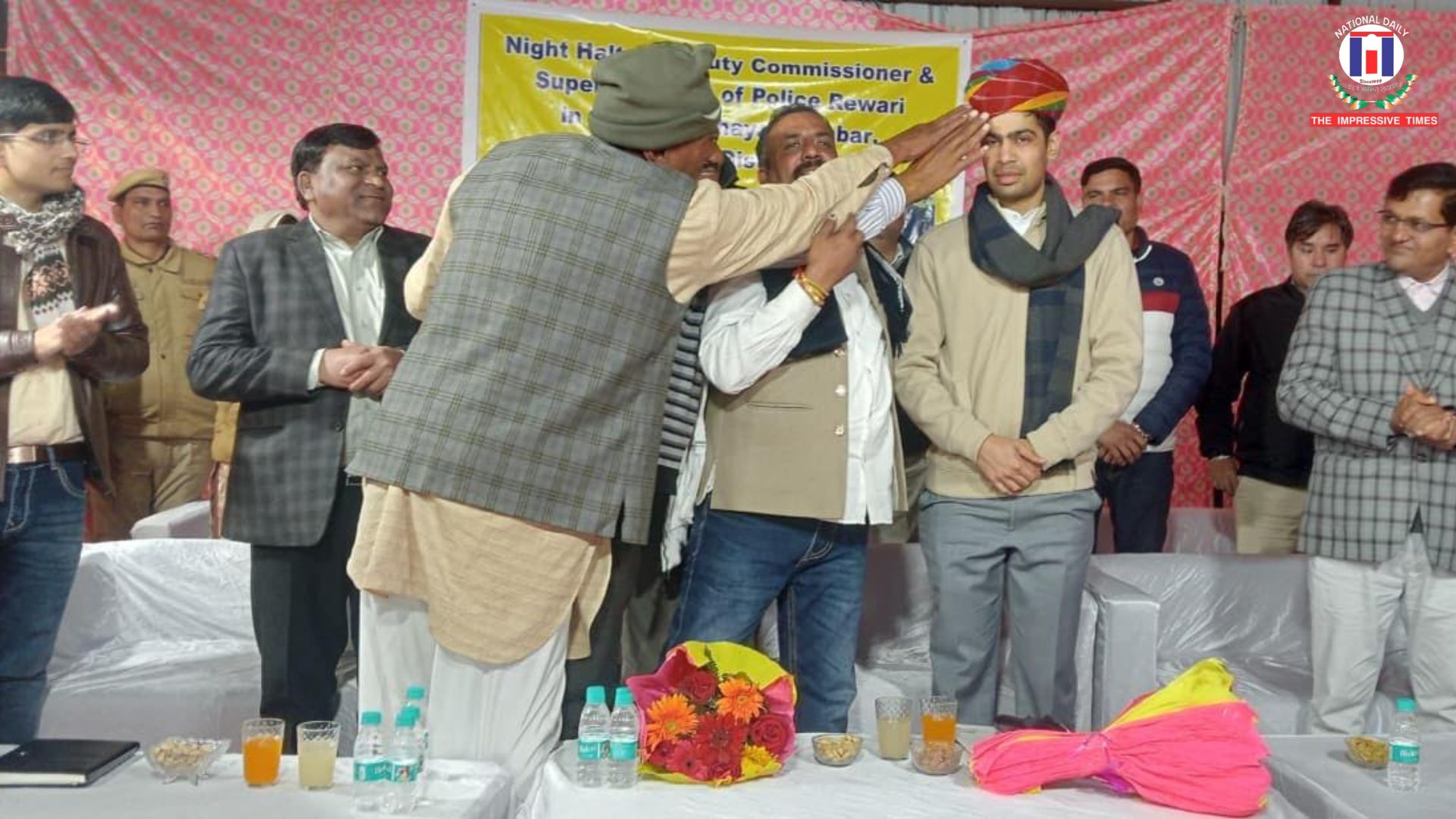





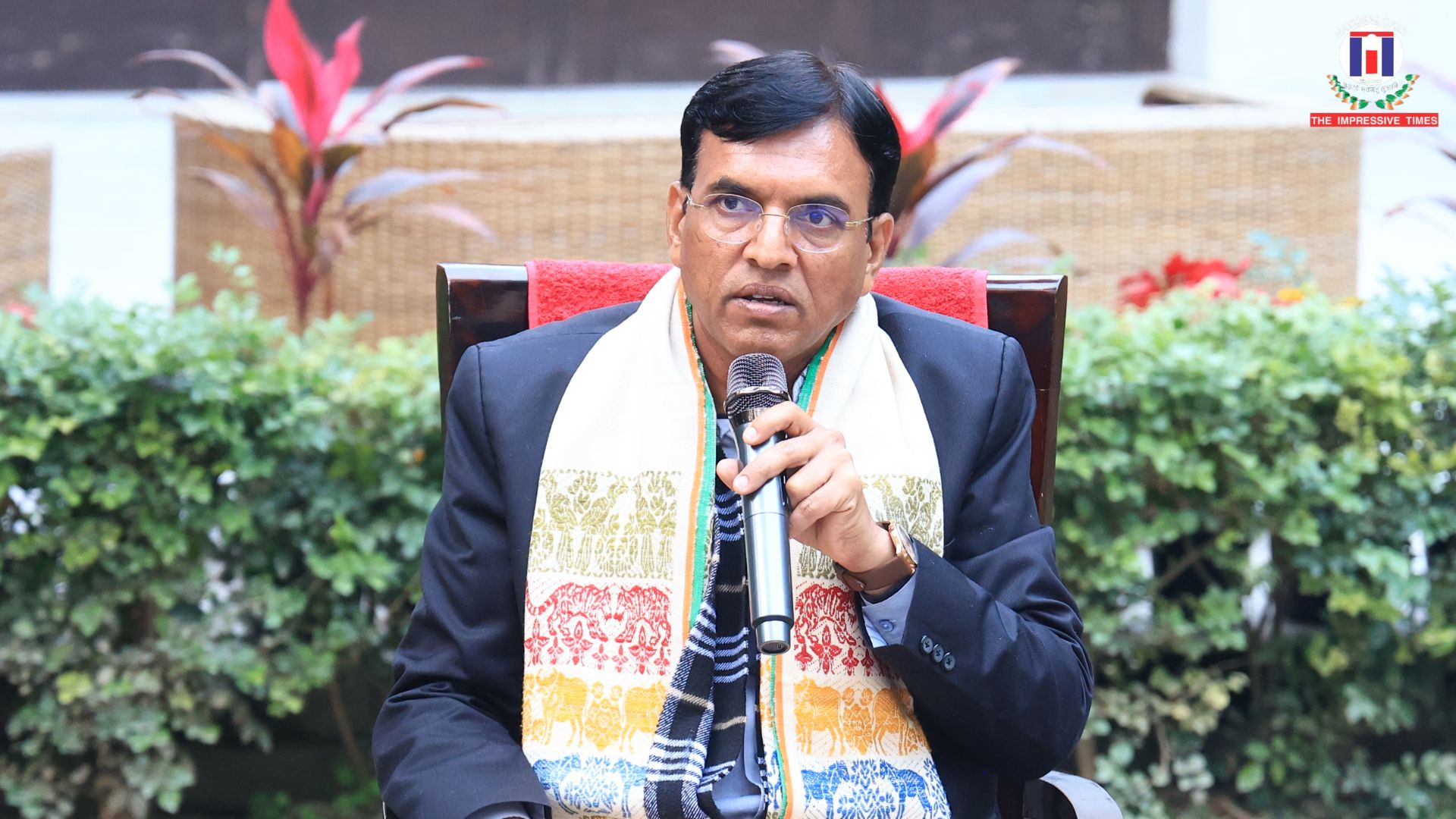

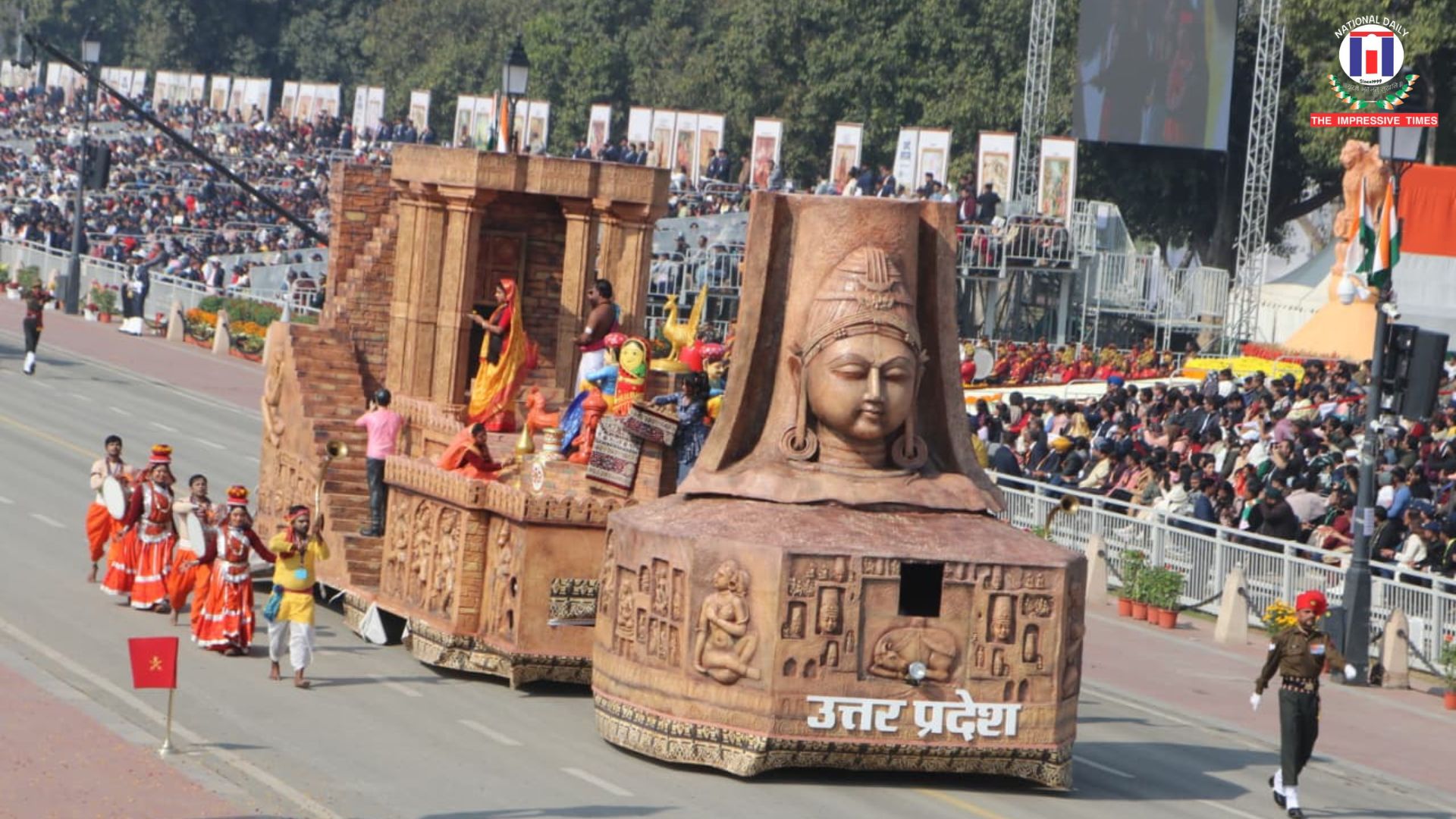

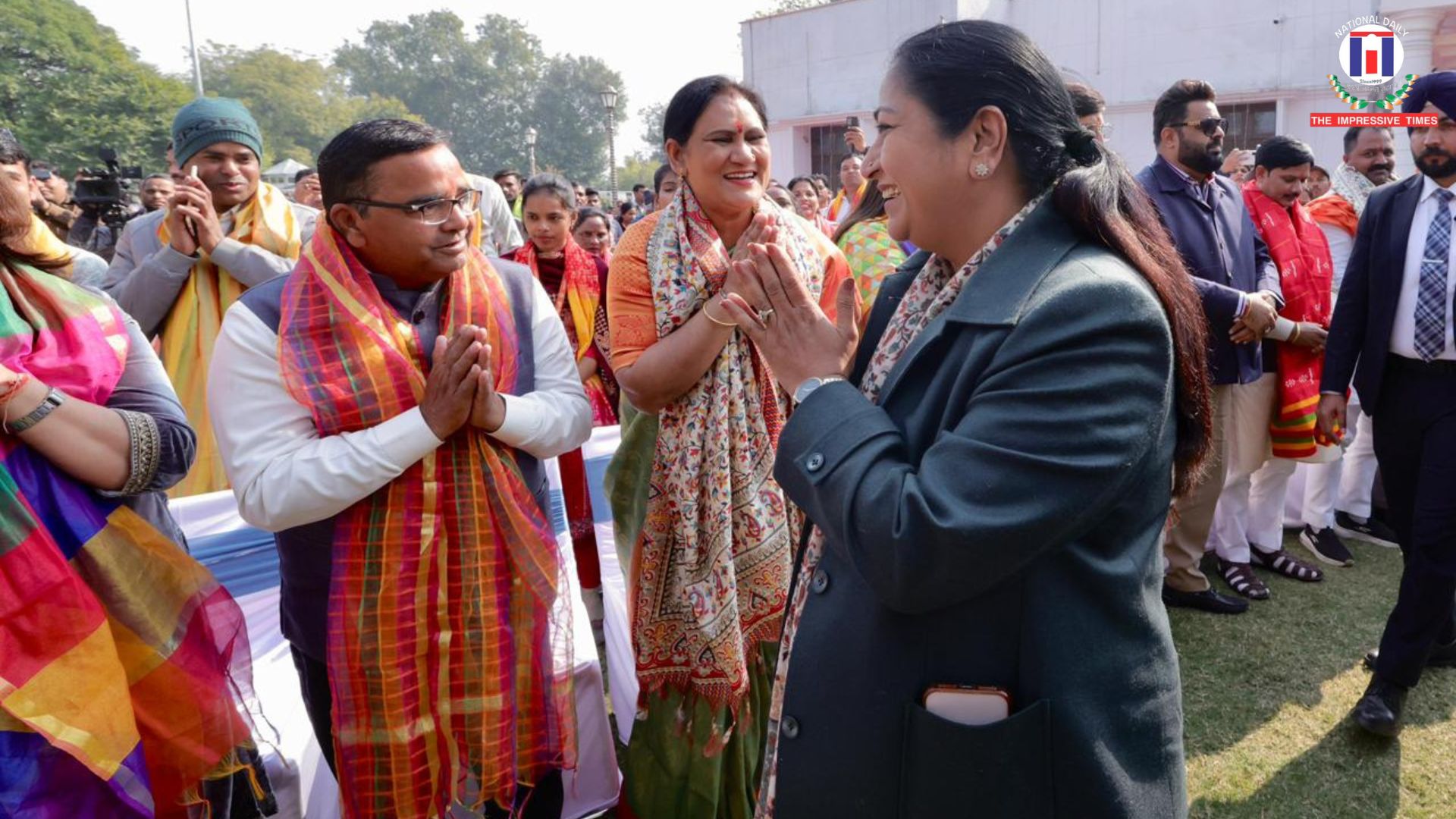

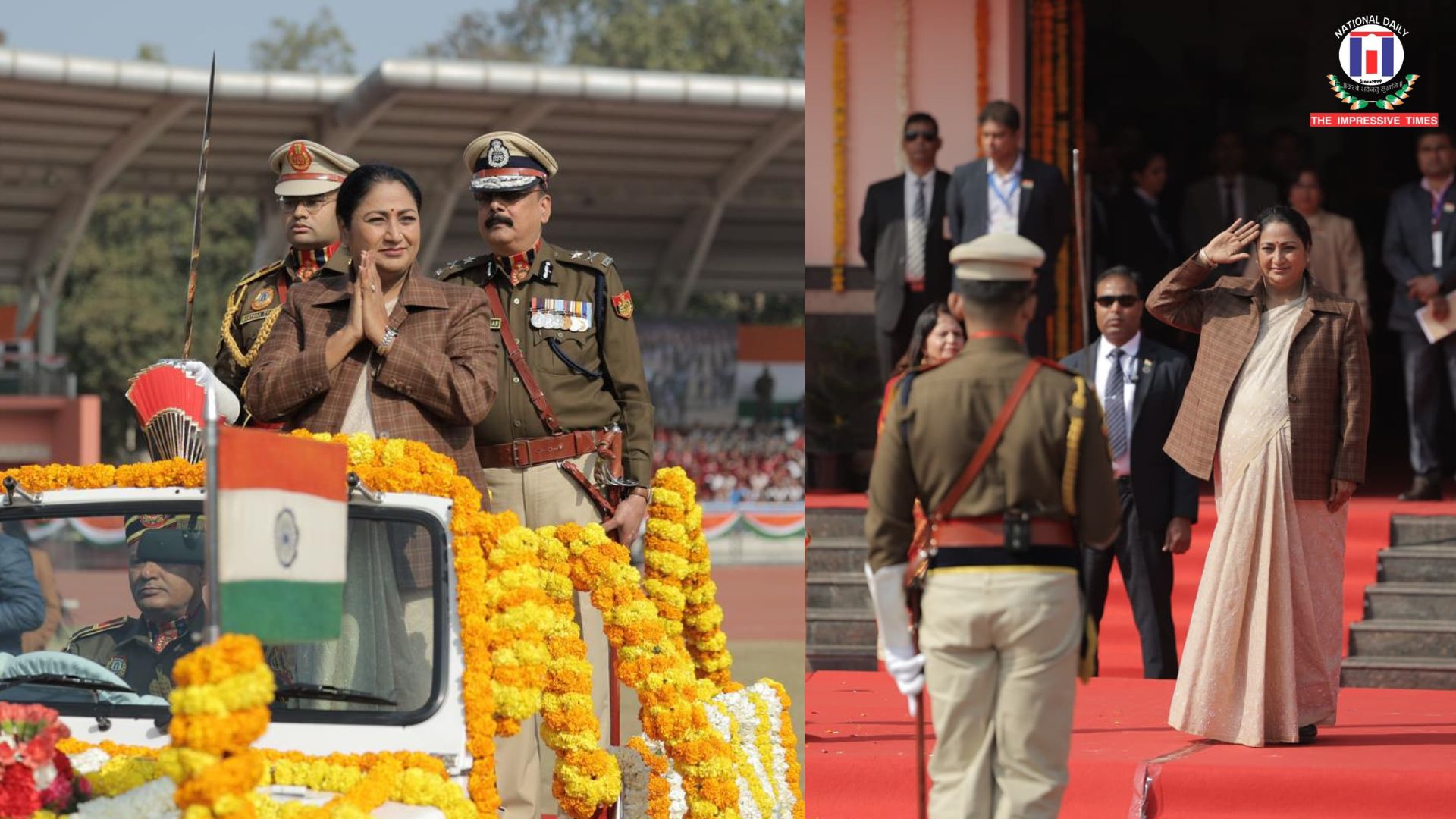


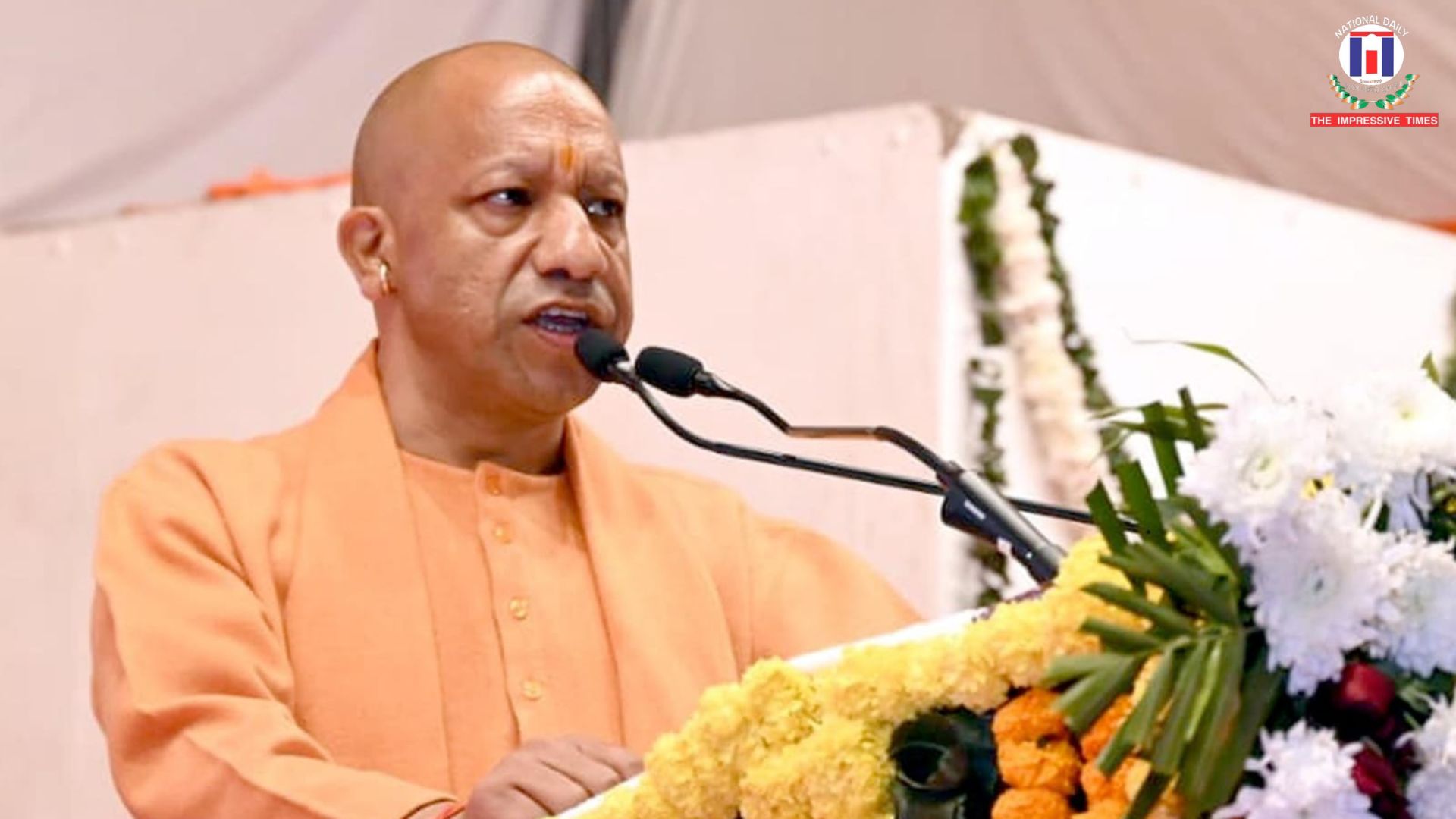



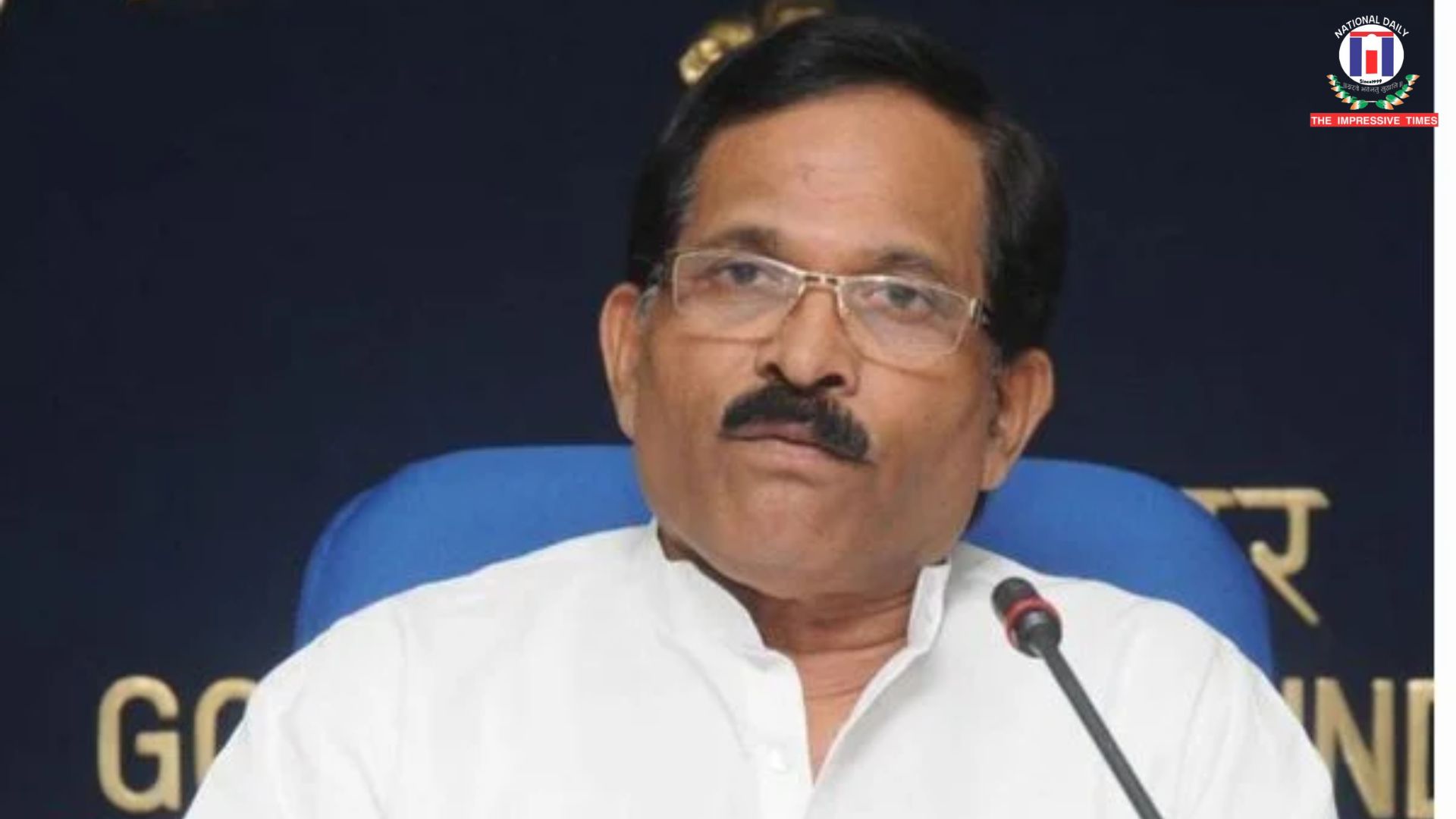
No Comments: